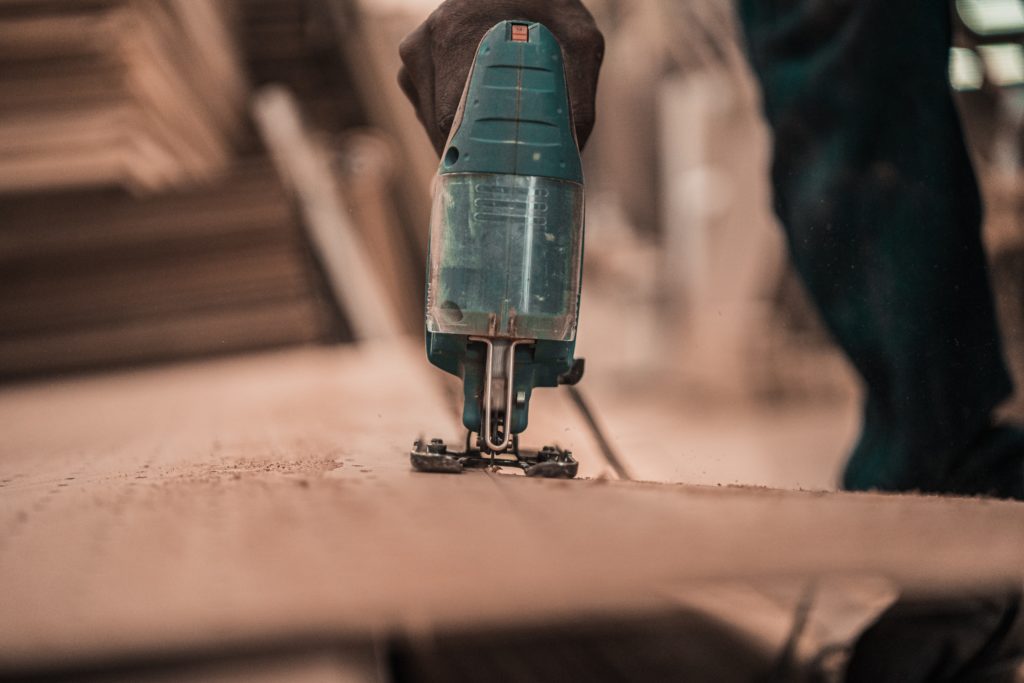How Property Owners Can Protect Their Property from Liens When a Tenant Makes Improvements
Reading Time: 5 minutes
When a tenant contracts for improvements to leased property, the property could be subject to construction liens. This can be particularly problematic for property owners when a tenant does not pay their contractor for those improvements. However, Florida law provides property owners with certain protections from these types of construction liens.
A recent decision in James B. Pirtle Construction, Co. v. Warren Henry Automobiles, Inc., demonstrates some of those protections available to both property owners and contractors in Florida. Part 1 provided an overview of the rights and protections afforded to contractors and the impact of James B. Pirtle on those rights. In Part 2 of this blog series, we provide an overview of James B. Pirtle, and the protections afforded to property owners in Florida.
James B. Pirtle Construction, Co., Inc., v. Warren Henry Automobiles, Inc.
In James B. Pirtle, Warren Henry Automobiles (“WHA”) challenged a construction lien recorded by James B. Pirtle Construction, Co. (“Pirtle”). WHA, a sub-subtenant, contracted with Pirtle for improvements to WHA’s car dealership. Pirtle recorded a claim of lien against WHA’s leasehold interest on the real property.
The trial court found that Pirtle’s construction lien was invalid because the owner of the real property was the City of North Miami, since real property owned by a municipality is exempt from liens under Florida law. However, the appellate court reversed the trial court’s decision, finding Pirtle’s construction lien was valid, but not to the extent Pirtle contended. The appellate court found that while Pirtle was not in privity with the owner, Pirtle still had a valid construction lien against the tenant’s leasehold interest in the real property.
The court found that section 713.10, Fla. Stat., applies to construction liens where there is no privity between the contractor and the property owner. James B. Pirtle at 2. Section 713.10(1) provides that a lien “shall extend to, and only to, the right title, and interest of the person who contracts for the improvement as such right, title, and interest exists at the commencement of the improvement or is thereafter acquired in the real property.” Based upon the foregoing, the court in James B. Pirtle found that contractors doing work for private tenants of states and municipalities “have lien rights not on the property, but on the leasehold interest of that tenant.” James B. Pirtle at 3.
This decision in James B. Pirtle is significant for property owners because it provides that a lessor’s property is not subject to a construction lien unless the lessor has contemplated this risk as a part of the lease. In addition, the holding provides guidance for specific language that property owners should include in their leases to protect their property from liens.
Protection of a Property Owner’s Rights
James B. Pirtle affirms that property owners may be protected from liens when a tenant contracts for improvements to leased property — in such cases, limiting the contractor’s lien rights to the tenant’s interest. Id. at 2. This is a significant protection for property owners who are leasing or are considering leasing their real property. In addition, Florida statutes provide additional protections for property owners.
Section 713.10 of the Florida Statutes protects a property owner when a person or company not in privity with the owner attempts to make a claim of lien against the property. When the contracting party is a tenant, and the contracted improvements are not pursuant to an agreement with the owner or the pith of the lease, the contractor’s lien rights extend only to the interest of the contracting party. Id.; Brenner v. Smullian, 84 So.2d 44, 45–46 (Fla. 1955). In effect, when a tenant contracts for improvements to real property, the contractor’s lien typically cannot be recorded on the owner’s interest in the real property. Rather, the construction lien only attaches to the leasehold interest of the contracting tenant.
In addition to the Florida statutory protections, property owners can and should incorporate additional protections into their lease agreements. Section 713.10(2) of the Florida Statutes, provides that owners can use lease language to preclude construction liens against their property interests. Where such language is included in a lease, the owner must take additional steps to provide notice that its property interests are protected against construction liens.
Under section 713.10(2)(b)(1) of the Florida Statutes, owners can satisfy this notice requirement by recording the lease, or a short form memorandum of the lease containing this specific language limiting lien liability, in the public records of the county where the property is located. Alternatively, this notice requirement can be satisfied when “the terms of the lease expressly prohibit such liability, and a notice advising that leases for the rental of premises on a parcel of land prohibit such liability has been recorded in the official records of the county in which the parcel of land is located before the recording of a notice of commencement for improvements to the premises,” provided that the notice includes:
(a) name of the lessor;
(b) legal description of the parcel of land to which the notice applies;
(c) specific language contained in the various leases prohibiting such liability; and
(d) a statement that all or a majority of the leases entered into for premises on the parcel of land expressly prohibit such liability
Conclusion
Florida law provides property owners robust protections from liens against their property when tenants contract for improvements. When considering leasing a property where a tenant may desire to make improvements, property owners should consult an attorney to ensure their interest and property is protected. For more information on how contractors can best protect their interests following the decision in James B. Pirtle, visit Part 1 of this series.
Authors:
- James O. Birr, III
- Maxwell Salain, JD Candidate


